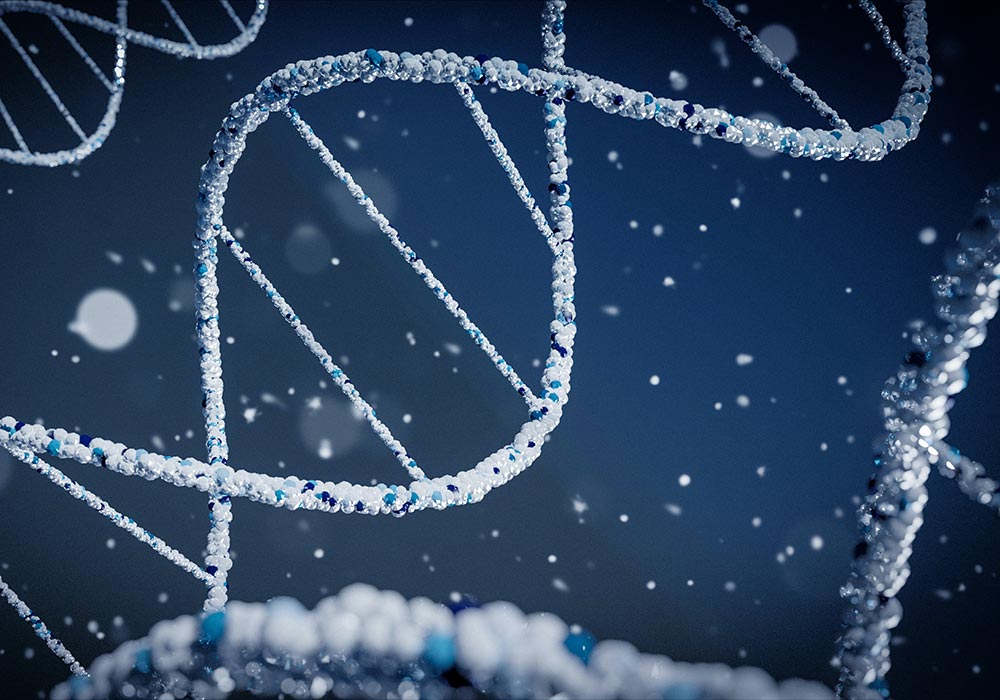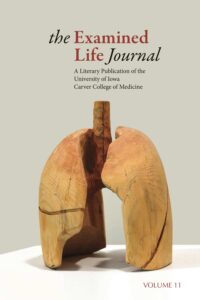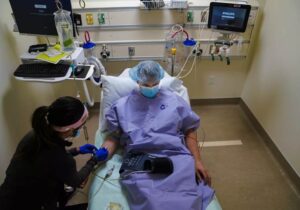Learning medicine is a scientific endeavor, practicing medicine is an art.
Dr. Ricardo Rosenkranz
During my visit to the Urgent Care Center for an infected eye late last year, I was reminded that medicine is both art and science. The physician brought in the final paperwork with the instructions for discharge. As we exited the exam room and walked down the hall toward the exit, I peppered the physician with questions – Did he think my eye infection was caused by a virus? Did I have a virus? Did I, in fact, have the flu?
To all of my questions, the physician simply shrugged his shoulders, as if to say, he didn’t know. Now there are tests that could determine if my eye infection was bacterial or viral. However, results from such tests would take a few days. The doctor’s approach — treat the symptoms, watch for improvement, and if my eye got worse return for follow-up.
I was curious though and pushing for answers, wanting his perspective. The physician finally said, ‘you know, it’s all just a bunch of voodoo. There’s so much we really don’t know.’ I burst out laughing. How refreshing to hear a physician say, in so many words, that doctors don’t always have the answers.
Medicine as Science
Medicine as Art
Acknowledging the mystery in medicine is a step in the right direction. According to Dr. Ricardo Rosenkranz², magic may serve to provide the insight, perspective, and passage to a deeper connection between physician and patient.
In December of 2016, I had the privilege to attend a magic show highlighting this relationship between magic and medicine.³ The magician was Dr. Ricardo Rosenkranz, a practicing physician and Assistant Professor in Clinical Pediatrics at the Northwestern University Feinberg School of Medicine.
The performance, as all good magic does, mystified and dazzled. But this particular magic show also highlighted –
- the value of listening
- the need for ritual
- the importance of storytelling
- and the power of empathy
— all essential ingredients not just to a great magic show but to best practices in medicine as well. Dr. Rosenkranz is committed to changing medicine . He uses his skills as a magician to first spark the imagination, with the intent to transform behavior, acknowledging both the art and science of medicine.
Creating a New Path
In addition to his performances, Dr. Rosenkranz has created a “curriculum on magic and medicine for the Medical Humanities and Bioethics Program at Northwestern targeting first and second year medical students. The intent of the program is to help medical students develop a deeper understanding of the doctor-patient relationship.” [as stated in the program]
Dr. Rosenkranz is teaching medical students how to be better doctors. In turn, Dr. Rosenkranz asks patients, as he asks his audience members, to come prepared to engage. By improving the dynamic between physician and patient, there is an opportunity to positively influence the experience, not necessarily the outcome, but the experience.
During times of serious illness, moving forward in the face of uncertainty is challenging. It is essential, however, for both physicians and patients to acknowledge medicine as an imperfect science. There might not always be answers, but it is in this acknowledgement that both physicians and patients can move forward in a healthy way. Medicine is both art and science, come prepared and stay engaged.
¹JAMA Network Open. 2019;2(3):e190096. Doi:10.1001/jamanetworkopen.2019.0096
²The Rosenkranz Mysteries, the Show, About Ricardo Rosenkranz. December 2016
³Medicine is a performance art: combining magic and medicine | Ricardo Rosenkranz | TEDxNorthwesternU. 2015



